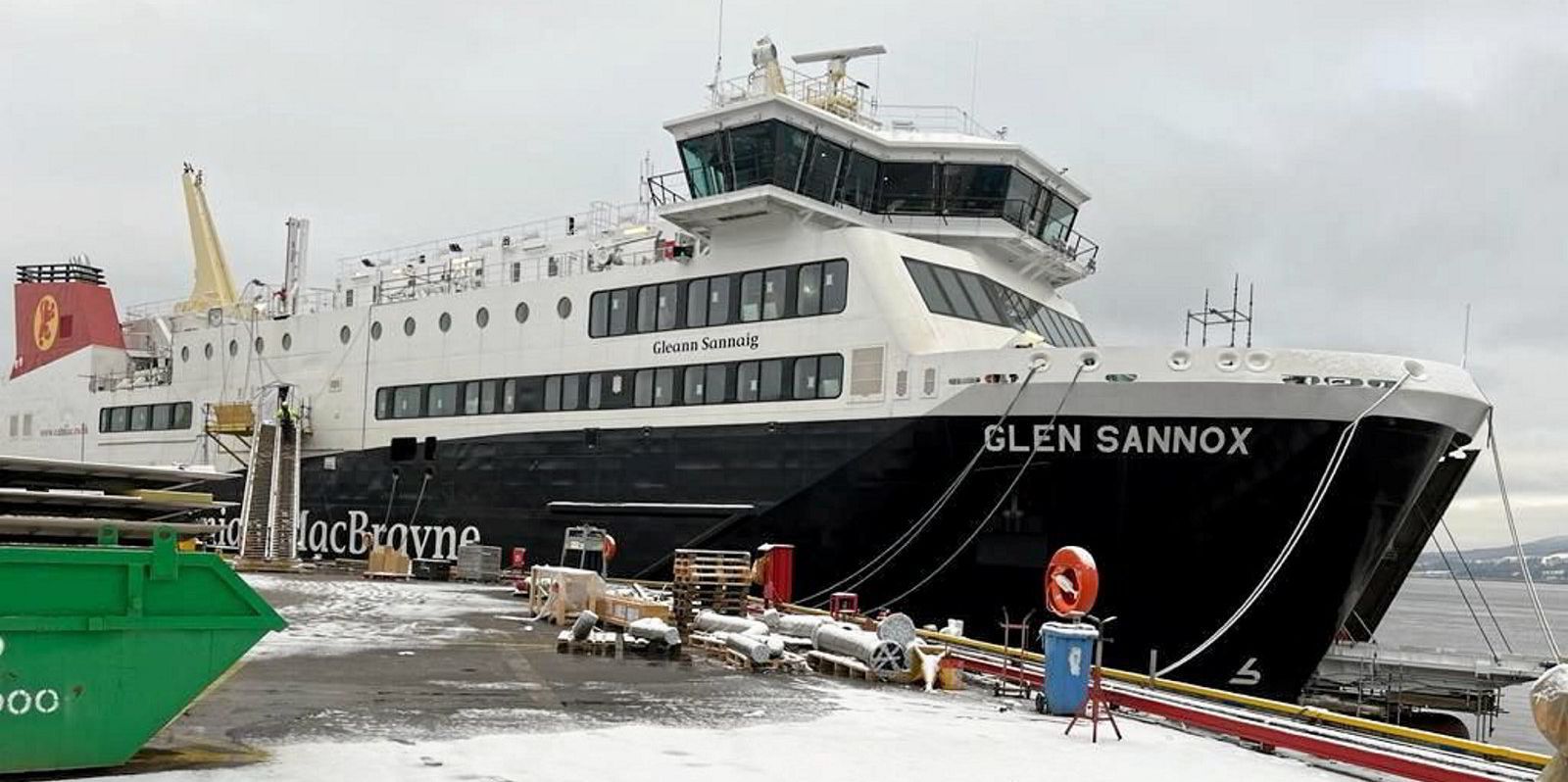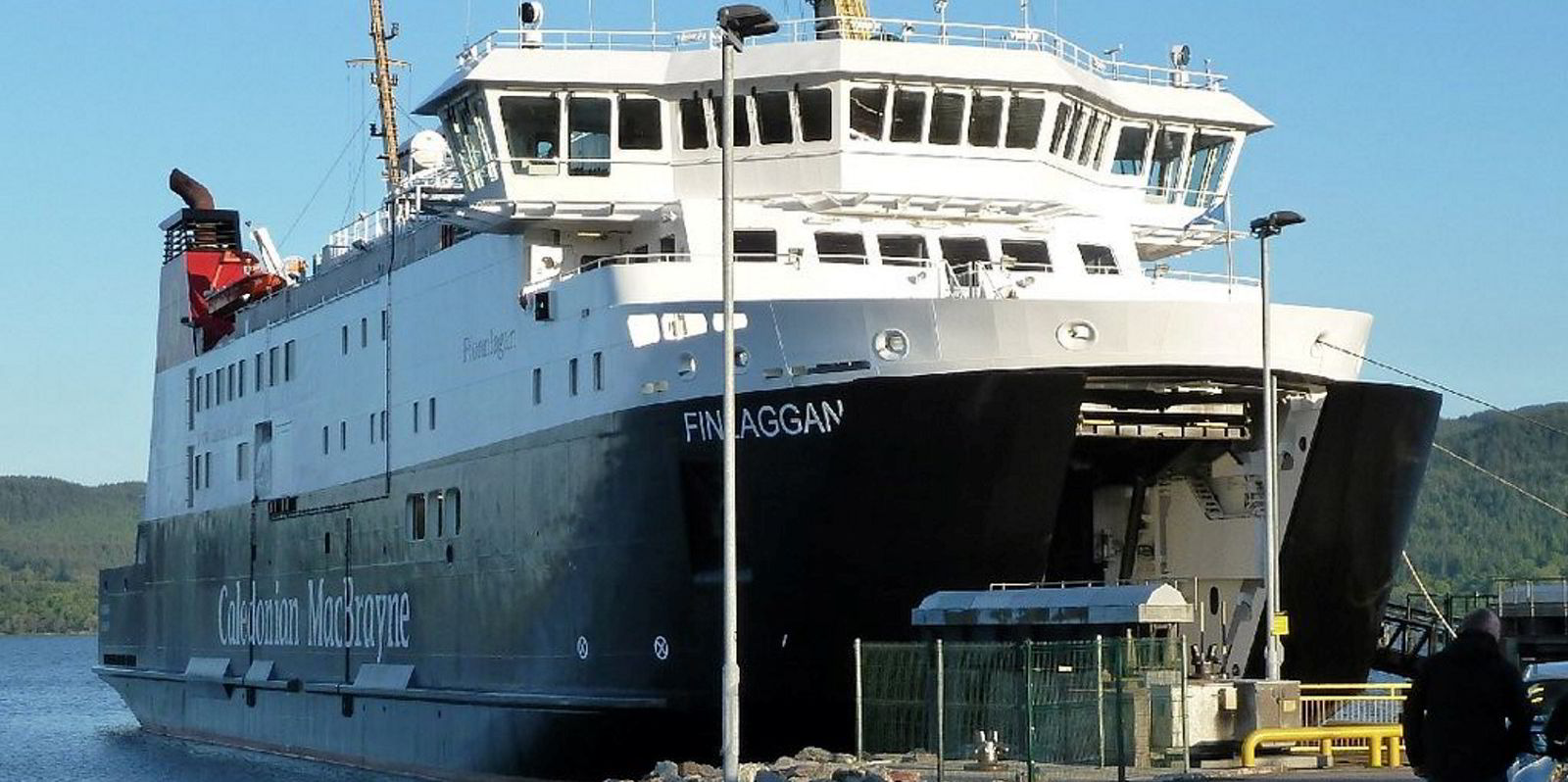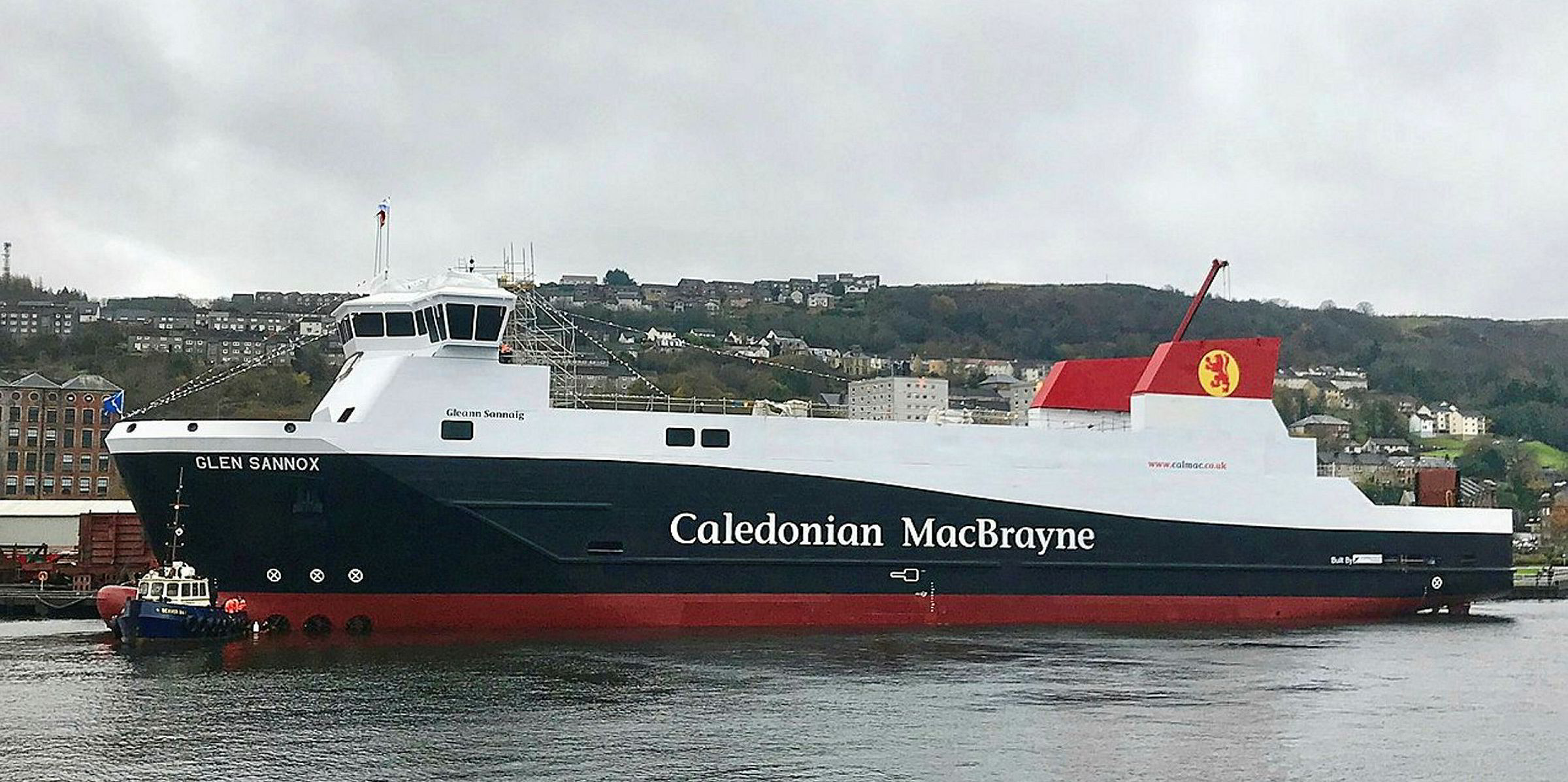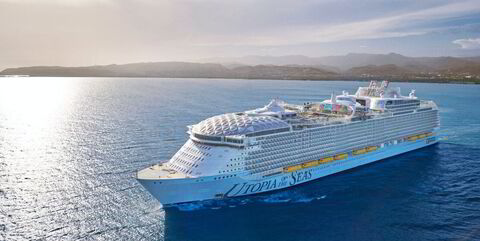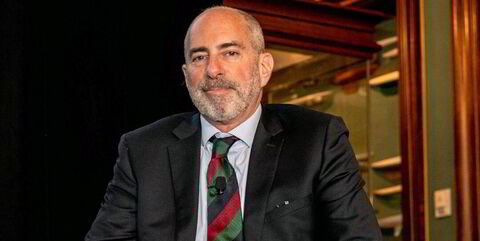Scottish ferry operator Caledonian MacBrayne (CalMac) has ousted its chief executive over a growing crisis surrounding two heavily delayed newbuildings that are more than £250m ($316m) over budget.
The state-owned company said CEO Robbie Drummond was “stepping down with immediate effect” following a review of the executive leadership of CalMac.
“The Caledonian MacBrayne board takes the responsibility of delivering the Clyde and Hebrides Ferry Service (CHFS) contract extremely seriously,” the company said in a statement.
“It recognises, that the island communities served by CalMac have faced real challenges over this past year. These challenges are likely set to continue until new vessels are introduced to the fleet over the coming years.
“In this context, the board wants to strengthen the focus further on the operational performance of an ageing fleet, resilience and enhanced dialogue and responsiveness with the customers and the communities CalMac serves,” the ferry operator added.
Duncan Mackison, former CEO of CalMac Holding Company, David MacBrayne Ltd, has been appointed interim CEO until a permanent successor is named.
Drummond’s departure comes barely days after the sacking of David Tydeman, the head of nationalised Scottish shipyard Ferguson Marine where the ferries are being built.
He was dismissed only two years into the job, having warned of further delays to the CalMac project.
Local opposition politicians in Scotland said both Drummond and Tydeman had been made scapegoats by the Scottish government.
“Not a single ministerial resignation has been offered over this scandal yet now the head of both CalMac and Ferguson Marine have been fired in the space of two weeks,” said Conservative shadow transport minister Graham Simpson.
The two ferries, which will ultimately serve routes in the west of Scotland with CalMac, are some six years late and will cost around three times the original price of £97m.
CalMac has reportedly chartered a 430-passenger catamaran ferry until July to provide additional capacity, but the delivery delays, combined with repairs to another vessel, mean some passengers will remain without a ferry service.
